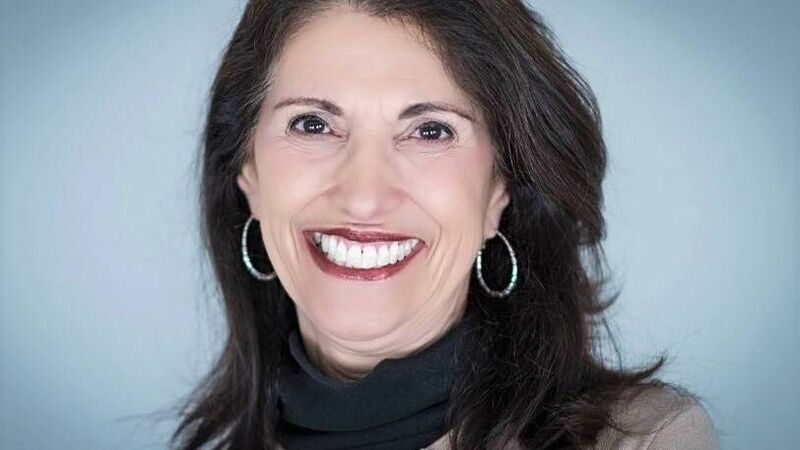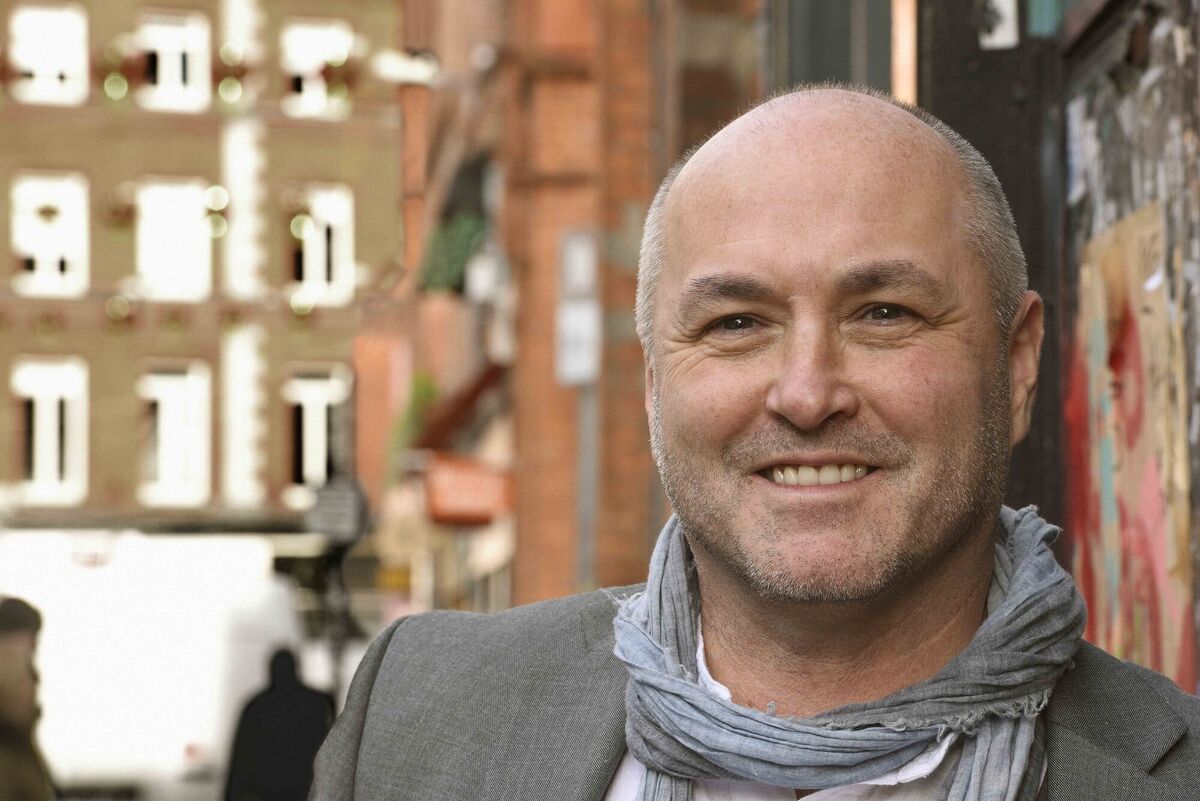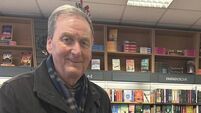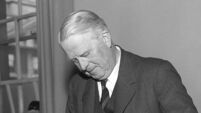Book review: How a mother put hatred to one side and met the man who beheaded her son

This story of grace and possible redemption tells Diane Foley’s response to her idealist journalist son James Foley’s kidnapping — twice, once in Libya — repeated torture, and eventual decapitation. Picture: Jonathan Vogel
The circumstances in which this intriguing, needling book was made obligatory and written are very different to the circumstances in which it will be read. Events, dear boy, events, have again dramatically shifted perceptions and relationships for at least a generation or two.

James Foley and Kotey are the lead characters, but Diane Foley is the energy, the catalyst, the pivot of this story. Her relentless determination to try to save her son, her courage in her face-to-face confrontations with Kotey in court or prison seem exceptional: the Irish Mammy writ large.

Foley describes them as beautiful girls and is so moved by their plight that she offers to help and support them. It goes without saying that such grace, such empathy is probably beyond most of us.
BOOKS & MORE
Check out our Books Hub where you will find the latest news, reviews, features, opinions and analysis on all things books from the Irish Examiner's team of specialist writers, columnists and contributors.







